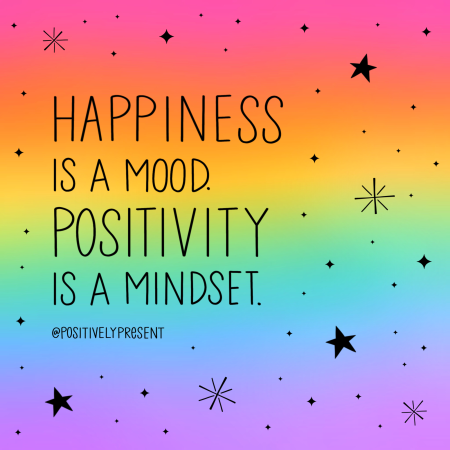Happy Christmas we have all just been saying to each other. And then Happy New Year. We’re obsessed! Once a year we say Happy Birthday to each other as well. Clearly ‘Happy’ is very important to us. Yet it alludes us – or at least its elusive more often than we’re like it to be. Daniel Levitin in his book ‘The Organized Mind’ says that generally we think life should be easy, so, when it proves difficult we don’t like it.

‘Life’ (in all its guises) is largely difficult and takes some ‘doing’ and every so often we get that little pocket of happiness. So, if there are little pockets of happiness then the more we can find them then the more we can be happy – and happy people get more done – more in their work lives and more in their personal lives
Sometimes we look for happiness in things – but that’s not where to find it. Advertisers and sellers of things wouldn’t tell us that though. ‘Buy this’, they say, ‘and it will make you happy, have the perfect life’ etc etc. This comes with a ‘Halo Effect’. The thing you buy is wonderful. The new TV, the new car. But after a while it becomes just the car you get from A to B in or the TV you watch Masterchef on. Oh – except you are now in debt possibly paying for it for the next ‘however long’ and now you’re not happy anymore!
Mihaly Csikszentmihalyi says we have to find joy in everything in order to create flow. Flow is that ability to move effortlessly from thing to thing and get things done. But he means joy in everything – not just that new purchase. Joy in the washing and ironing, joy in the reporting writing. By doing this we will find flow and flow leads to people being happy.

We find happiness in the most unusual places sometimes
Sometimes, I’d argue, we get joy in difficult and problematic things. In Alex Pang’s book ‘Rest’ he talks about how difficult things – things that we are trying to master but are difficult – are actually restful and good for us – something that is mentally absorbing, that feels difficult to do, is deeply satisfying – such things – difficult things – hard work – make us happy.
In a Jewish Parable there are two men arguing over some knotty issue in the Torah. God gets annoyed so comes down from on high and says, ‘I’ve listened to you two argue about this for 20 years so let me tell you what it means’. ‘No’, they say, ‘what right have you! Clear off!’ They delight in the difficult thing – they are thinking, striving, and making a connection with one another.
I find that I am a person who finds great joy in the process rather than the outcome. Stoic philosophers say that some things are outside of our control, but we still need to do them. Some things are completely under our control and some things are not fully under our control, but we have influence. The influence is where we have control.
The secret, they would tell us, is to focus on the bit you can control and as Massimo Pigliucci (in a video presentation I watched recently on iai.tv) said “bet your happiness on those things”. We have no choice other than to take the stuff we can’t control just as it comes, because, well, we can’t control it. We also have limited control over the outcome of things. I can control when I write a blog, what I write about, what words I use, and take great joy in the doing. But I very little control over how you receive it. That is dependent on so many things, like, what you already know about the subject, what you think of me, whether you agree or disagree with the idea. So I set my happiness on the doing of it (I am currently very happy in the doing!) and not on how many ‘likes’ it gets, or how many people read it…. although I do hope you enjoy it. The pleasure and happiness is in the doing not in the plaudits.
So we need to find our happiness in every moment – the work we do – the study we do – the fun we have – tidying things up – we need to find joy in all of these things. Where do you find your joy and where do you find your happiness I wonder? And here’s the thing – if we think that everyone else has found it and we haven’t – then – sorry – for the most part they haven’t either.
Sometimes those difficult things will be at work, some will be home, some we’ll create all on our own by not being in charge of ourselves – how we approach things – how we set our minds to what is to do
Daniel Gilbert in ‘Stumbling on Happiness’ says that we come into this world wanting to control things and we go out the same way – and that research suggests that if at any point during our arrival in, and departure from, this world, we lose our ability to control things we become unhappy, feel helpless and hopeless and can become depressed. I hate to use the ‘P’ word again but planning is the key. Bringing the future into the present so we can have a look at it and control, I’d suggest, is the root to happiness. Delight in the doing!

We look into the future so we can make predictions about it and control it – that’s where happiness is.

